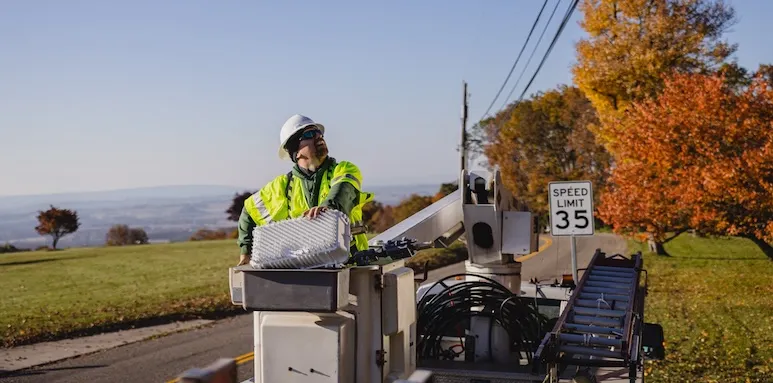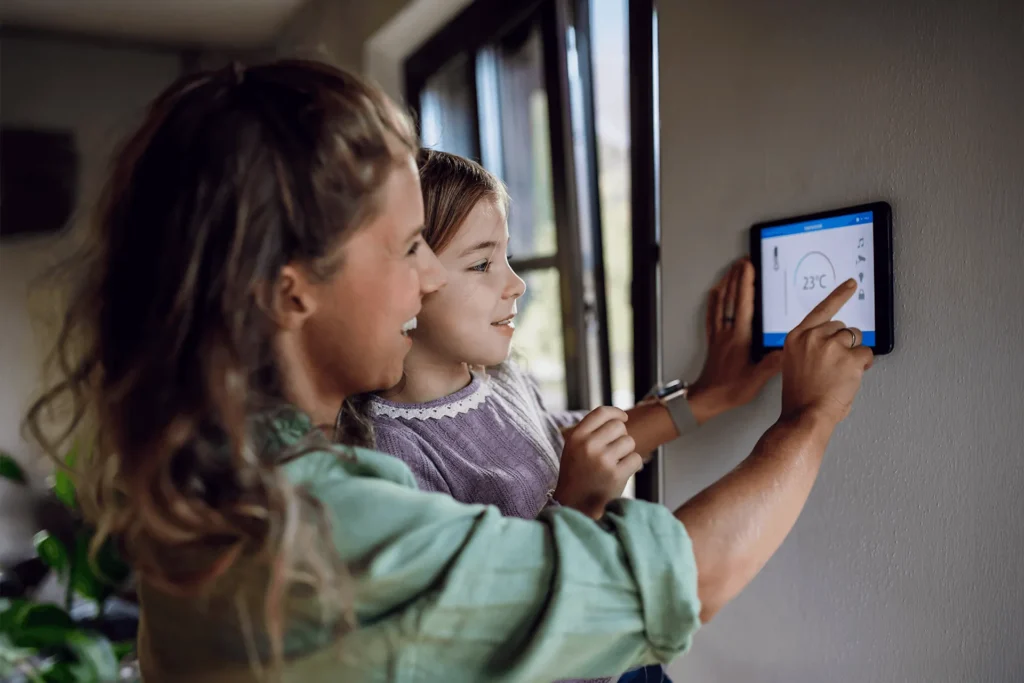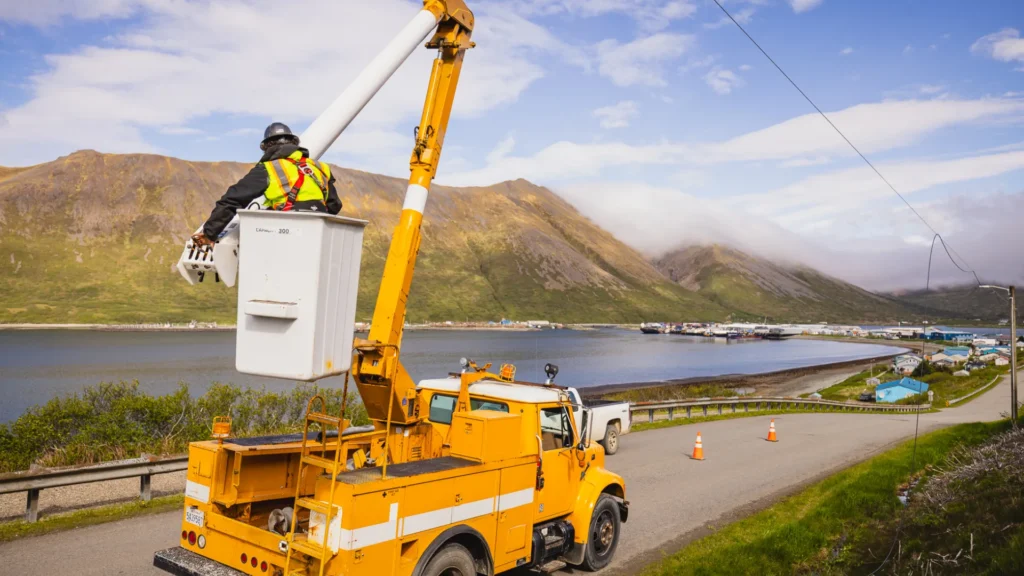“Midco will do what it takes.” These are the words that Rupak Gandhi, school superintendent in Fargo, N.D., said he heard Midco representatives repeat to him again and again when his district turned to the ISP for help this past spring. Back in March, when the COVID-19 pandemic shut down schools across the country including in North Dakota, Gandhi’s district faced the challenge of getting every student ready for remote instruction, with every decision dependent on students having an internet connection in their homes.
The school district of Fargo is the second largest in North Dakota and serves more than 11,300 students, with 32% qualifying for free or reduced lunch. Like many school administrators in the U.S., Gandhi and district officials found themselves in a bind as they tried to figure out how to remedy the digital divide. Gandhi explained that many families in his district don’t have the financial means to afford internet service, especially in a time when unemployment is rising, and furloughs or reduced working hours are common.
Fortunately, Midco, which serves customers in Kansas, Minnesota, North Dakota, South Dakota, and Wisconsin, announced right after schools closed their doors due to COVID-19 that the ISP would be providing free internet access to eligible low-income families through June 2020 so that kids could complete their school year online. Midco provided this free service for schools across their footprint, and the ISP was also part of the FCC’s Keep Americans Connected pledge to waive fees for customers who were experiencing financial difficulties.
“The announcement by Midco to allow homes to sign up for free internet for the remainder of the school year came at exactly the right time to supply the key resource we needed to have in place to make our Distance Learning Plan a reality,” wrote Gandhi. Midco got to work, with a COVID-19 health and safety plan in place, and prioritized installations for those students without connectivity in their homes.
Midco’s work with Fargo Public Schools is just one example of how a high-speed internet connection is allowing schools to proceed with their academic plans despite the obstacles that the pandemic has thrown in their way.
With the new school year now underway and as pandemic challenges are ongoing, Midco is continuing to step up to the plate. It provides low-cost options for eligible low-income families in its service area through its broadband adoption programs, including the Federal Lifeline Program, Midco Internet Basics, and its Midco Internet Basics School Program.
Under its Midco Internet Basics School Program, Midco partners with a school district to identify unconnected and eligible students, and the school pays the discounted internet service rate for each student. The ISP also joined NCTA and EducationSuperHighway’s industry-wide initiative, K-12 Bridge to Broadband, which gives NCTA’s member companies a model to use in their efforts to partner with school districts and enable distance learning for their students.
Justin Forde, Midco Senior Director of Government Relations, explained that one of the first changes that Midco made at the onset of the pandemic was to ensure that the ISP was using all the forms of connectivity in its power to connect people, including fixed wireless. Midco began offering fixed wireless in 2018 in rural areas where a fiber network is just too cost prohibitive to deploy. The ISP’s fixed wireless solution has helped to cover the last mile to those customers who live in areas covered by wilderness, farmland, granite fields, or limestone cliffs. With challenging geography across the ISP’s footprint, Forde explained that offering fixed wireless has allowed students to connect even in very rural areas that extend to 10 miles away from a town’s center.
“Some of those families didn’t know they could get a high-speed connection when schools closed, especially when the pandemic first hit in March, and we still had frozen ground in a lot of places,” said Forde. “That was exciting to be able to hook up those folks who didn’t think a high-speed internet connection was ever possible.”









